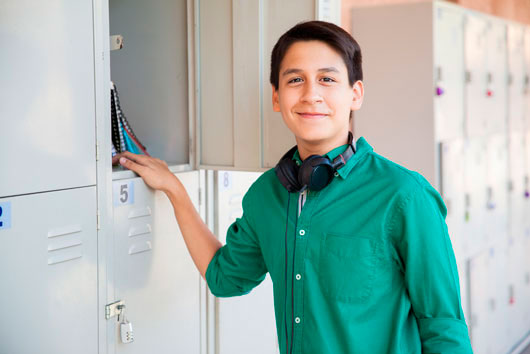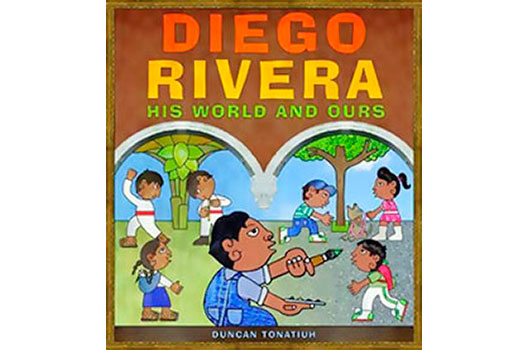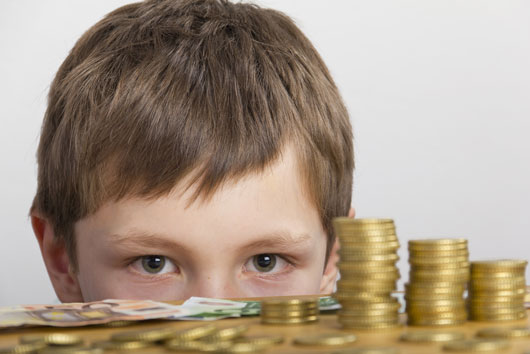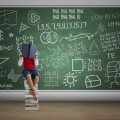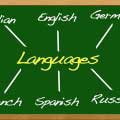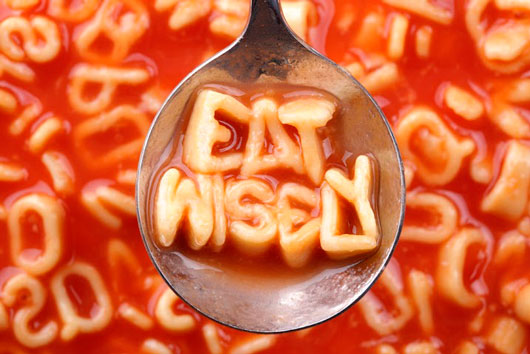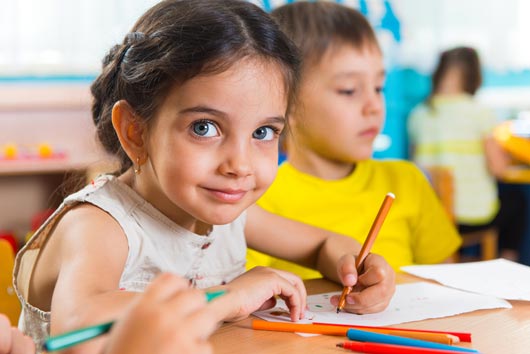
When it comes to gauging kindergarten readiness, multiple factors come into play. First, your child’s maturity can be measured physically, socially, and cognitively. But in reality, very few children are equally competent in all these areas. Many toddlers who are advanced mentally may lag behind emotionally, while children who are extremely adept physically may be slower in terms of language development. So are they ready? “One of the best allies in making this decision is your child’s preschool teacher or a pediatrician,” said Dr. Kyle Snow, director of the Center of Applied Research at the National Association for the Education of Young Children, in Care.com. “The teacher should have the best idea of whether the child can meet social and academic expectations.”
For starters, your toddler should have a good grasp on basic social skills. The ability to regulate his or her emotions properly and articulate feelings in words is one sign that they may be ready. So is using words like please, thank you and excuse me, and an ability to follow simple directions. Socialization skills mean that your child can adjust to new situations with relative ease and interact with both his peers and adults in an appropriate manner. Take a moment to consider this: Does your child ask for help, show pride in accomplishments, and stick to an activity to completion? How about respecting the feelings and property of others as well as playing cooperatively by sharing and taking turns? All of this is highly important for kindergarten classroom conduct.
Read Related: What is the Best Age for Kids to Enter Kindergarten
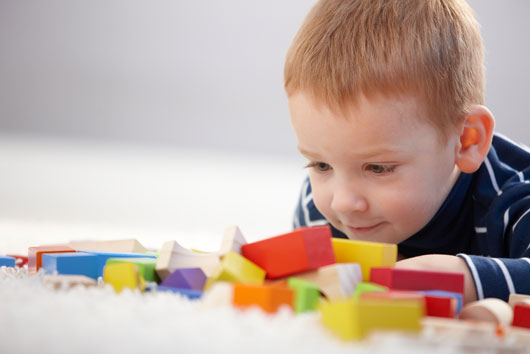
It’s a messy world out there, so when it comes to kindergarten readiness hygiene and self-care are important. For instance, being able to dress themselves, put away their toys or clothes, as well as take responsibility for their own belongings away from home like a coat or lunch are skills they’ll need. Ask yourself if your child has decent hygiene habits, table manners and appropriate bathroom skills? If they do, and adhere to a routine and schedule for personal hygiene, eating meals and going to bed each day, he or she may be kindergarten material. Then there’s the psychical realm of motor skills, like being able to put a puzzle together, hold a pencil, cut with scissors, build with blocks or fasten their own shoes. How well do they do during outdoor activities like playing with a ball, running, jumping, climbing and riding a tricycle?
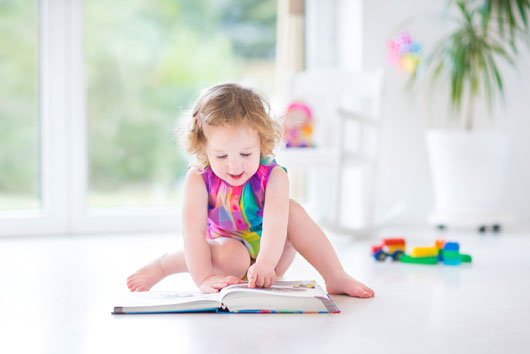
Now, as BabyCenter advises, consider their language, reading and writing skills. Being able to speak in sentences (with five or more words and with two or more ideas) using descriptive language is a kindergarten readiness sign. If you have a tiny entertainer at home that recites nursery rhymes by heart and makes up stories or songs, these are all positives. In general, a child who has reading skills is curious about looking at books, pictures or everyday signs on their own and often pretends to read by “reading” the pictures or labels.
Does your child recognize several uppercase and lowercase letters as well as know their sounds? You might also have a toddler who unfortunately likes to ruin beautiful books by writing in them, though this is actually a good thing. If your child is writing, scribbling, drawing or already writing their own name, this is a sign that his language development is on a par with other kindergartners and that she’s ready to start learning how to read. How about reciting the alphabet? Most kindergarten teachers assume that children have at least a rudimentary familiarity with the ABCs though this will be covered as part of the kindergarten curriculum.
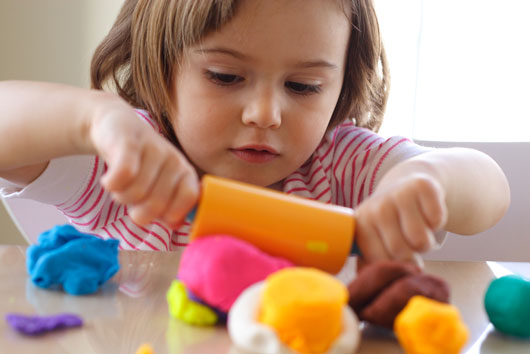
Finally, per Education.com, there are math concepts like basic counting, recognizing some numbers from one to ten, and distinguishing numbers from letters. It’s also beneficial if your child knows the concept of more, less, none, some, all, and more. This all helps toward the basics of addition and subtraction. Do you have a budding scientist in your house? Showing interest in science themes by recognizing objects in their environment and knowing facts about plants, animals and objects in the sky (like the sun, moon and the clouds, etc.) in also fundamental. Perhaps your toddler is a budding artist? If he or she has skills in the arts & music, they’ll recognize names of basic colors, draw recognizable shapes, move to a beat and pick up musical instruments to improvise with. For more information, Education.com has a handy checklist that professionals use to gauge the skills of pre-kindergarten children.

